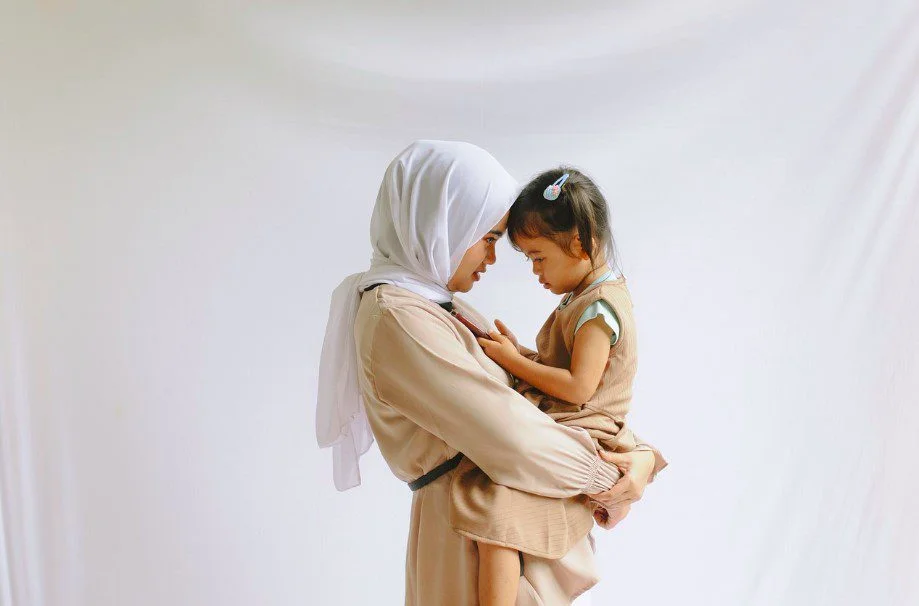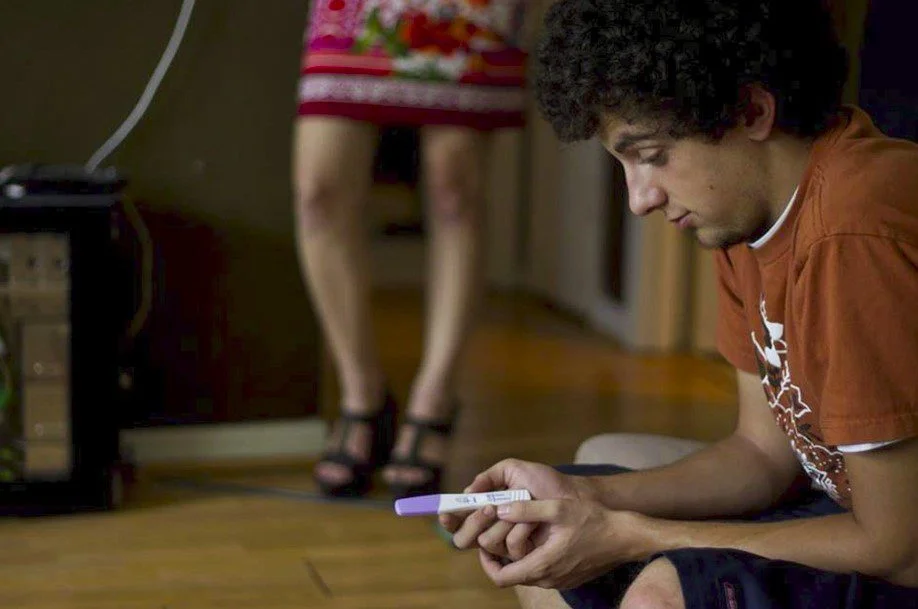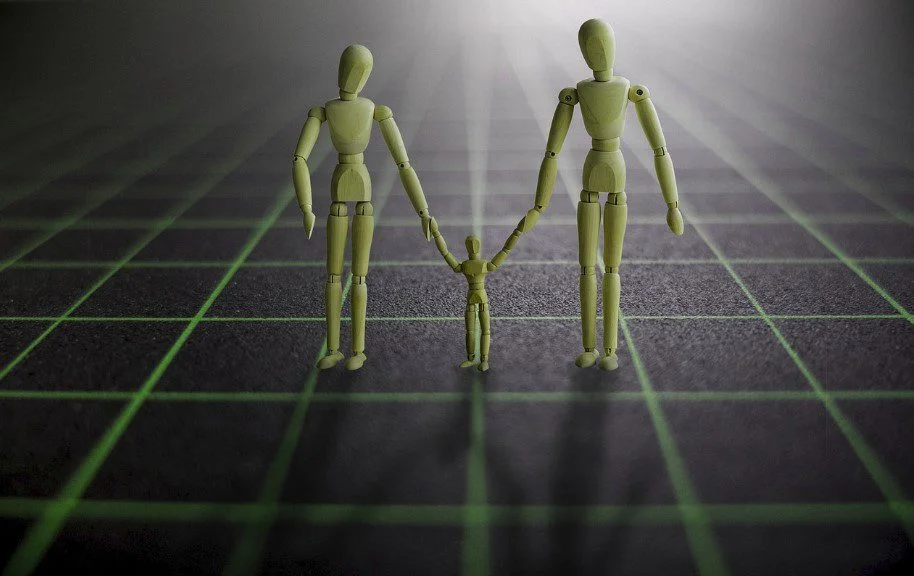Parenting in the 21st century is a complex and ever-evolving experience. It is influenced by many factors such as societal evolutions, advancements in technology, and shifting cultural norms.
This is different from the past, where traditional parenting values and roles were absolute. Of course, parents today face a unique set of challenges that their predecessors did not.
In the next few paragraphs, we will explore the factors that make parenting so different today, including the proliferation of technology, shifting societal norms, the rise of single-parent households, increased emphasis on individualism, etc.
What is Happening Today?
A lot indeed.

Parenting in the 21st century has changed in many ways, reflecting broader societal changes in attitudes and values. Today’s parents are more focused on building strong, positive relationships with their children. They also want to help them grow and develop in a safe and nurturing environment.
The following are just a few areas where parenting continues to evolve:
1. Shifting Societal Norms
Societal norms have undergone a significant shift in recent years, affecting parenting in many ways. The gender roles of the past have been challenged, leading to more diverse family structures, such as same-sex parenting and co-parenting.
Key areas and changes include:
- greater gender equality in parenting roles,
- a focus on work-life balance,
- the rise of single parenthood and blended families,
- the impact of digital technology on parenting, debates over helicopter vs. free-range parenting,
- increased visibility of LGBTQ+ parenting,
- greater awareness of parental mental health,
- an emphasis on sustainable child-rearing practices,
- alternative education models,
- acceptance of diverse family structures.
These changes reflect shifting values, technological advancements, and a more inclusive understanding of parenting in the modern world.In the past, parents were expected to be authoritarian and maintain strict control over their children.
Additionally, the emphasis on work-life balance has increased, with more parents seeking flexible work arrangements. This can allow them to spend more time with their children. This shift has also resulted in increased diversity and inclusivity in parenting styles, as parents adapt to different circumstances and prioritize their children’s needs.
2. From Authoritarian to Democratic Parenting
Parenting styles have undergone significant changes over the years, with a shift away from authoritarian parenting towards more democratic approaches.
Authoritarian parenting, which was more common in the past, emphasized strict rules and punishment for disobedience, while democratic parenting places a greater emphasis on communication and collaboration between parents and children.
Here are some ways that parenting has evolved towards a more democratic approach:
- Communication: Democratic parents prioritize open and honest communication with their children, encouraging them to express their feelings and opinions. This helps to build trust and a sense of mutual respect between parents and children.
- Collaboration: Rather than simply imposing their will on their children, democratic parents involve their children in decision-making and problem-solving. This helps children develop critical thinking skills and a sense of ownership over their own lives.
- Empathy: Democratic parents seek to understand their children’s perspectives and emotions, rather than dismissing or belittling them. This helps children feel heard and valued, and encourages them to develop empathy for others.
- Positive reinforcement: Rather than relying on punishment and negative feedback, democratic parents use positive reinforcement to encourage good behavior. This can take the form of praise, rewards, or simply modeling good behavior themselves.
- Flexibility: Democratic parents recognize that each child is unique and may require different approaches to parenting. They are willing to be flexible and adapt their parenting style to meet their child’s needs.
3. Parent-Child Relationships
In this section, we will explore how changing social norms have impacted parent-child relationships and how it has resulted in a more open and supportive environment.
- Busy lifestyles: Parents today are busier than ever before. Many families have both parents working outside the home, which can make it challenging to balance work and family life. This has led to an increased reliance on technology and external resources such as daycare and after-school programs.
- Increased focus on child development: There is now more emphasis on child development than ever before. Parents are more aware of the importance of early childhood education and development and are investing more time and resources into their children’s education and extracurricular activities.
4. Technology in Parenting
Technology has revolutionized the way we live, work, and parent. The rise of smartphones, tablets, and other electronic devices has made information more accessible than ever before.
Parents can now access parenting resources, communicate with their children and educators, and monitor their children’s activities remotely.
However, technology also presents some challenges, such as the impact of social media on children’s mental health and the risk of cyberbullying and online predators.
Therefore, parents must be mindful of how they use technology, and iron out its effects on their children’s development.
5. The Rise of Single-Parent Households
The number of single-parent households has been steadily increasing over the years, with many parents raising children on their own.
Single parents face unique challenges, such as balancing work and parenting responsibilities, managing finances, and dealing with the emotional impact of separation or divorce.
Parenting alone can be overwhelming, and it is essential for single parents to seek support from their social networks and community resources.
6. The Emphasis on Individualism
In the past, parenting was often centered around the collective values and beliefs of the community. However, with the rise of individualism, parents are increasingly focused on their children’s individual needs and interests.
This emphasis on individualism has led to the rise of personalized parenting styles, where parents tailor their approach to their child’s unique characteristics and personality.
While this approach has many benefits, it can also lead to over-parenting and helicopter parenting, where parents become overly involved in their children’s lives.
7. The Impact of Global Events
The 21st century has been marked by significant global events that have impacted parenting. The COVID-19 pandemic, for instance, has forced many parents to adapt to remote work and virtual schooling, leading to increased stress and burnout.
Additionally, climate change, political unrest, and economic instability have all had an impact on parenting, shaping parents’ values and beliefs about the world and their children’s future.
Or Maybe Parenting Has Gotten Worse in the 21st Century!

While parenting styles have evolved towards a more democratic approach, there are also concerns that parenting has turned for the worst in some ways.
Here are some factors that may contribute to this view:
1. Over-reliance on Technology
Many parents today rely heavily on technology, such as smartphones and tablets, to entertain and distract their children. This can lead to a lack of face-to-face interaction and limit opportunities for children to engage in physical activity and develop social skills.
2. Sedentary Lifestyle
Parenting today has been linked to promoting a sedentary lifestyle in children in several ways. Many parents today rely on screens, such as TVs, smartphones, and tablets, to entertain and occupy their children. With concerns about safety and schedules that are often overbooked, some parents may limit their children’s opportunities to engage in outdoor play. Many parents today prioritize academic and extracurricular activities for their children, which can leave little time for unstructured play and physical activity.
3. Helicopter Parenting
Some parents today are overly involved in their children’s lives, hovering over them and micromanaging their activities. This can create a sense of dependence in children and limit their opportunities to learn from their own mistakes and develop independence.
4. Poor Discipline
While democratic parenting emphasizes positive reinforcement and collaboration, some parents may take this too far and avoid setting limits or imposing consequences for misbehavior. This can lead to children feeling entitled and lacking in self-discipline.
5. Pressure to Succeed
Many parents today place a high value on academic and extracurricular achievement, which can create a sense of pressure and anxiety in children. This can lead to a focus on performance rather than personal growth, and limit opportunities for children to explore their interests and passions.
6. Limited Quality Time
Busy schedules and work demands can make it difficult for parents to spend quality time with their children. This can lead to a lack of connection and understanding between parents and children, and limit opportunities for parents to provide emotional support and guidance.
Q and A on Parenting

Q: What are some common challenges faced by modern-day parents?
A: Modern-day parents face a range of challenges that were not as prevalent in previous generations. These include juggling work and family life, dealing with technology overload, and the increasing cost of living and childcare expenses. Additionally, parenting styles have evolved, and there is now a greater emphasis on nurturing and supporting children rather than being authoritarian.
Q: How has social media affected parenting in the 21st century?
A: Social media has had a significant impact on parenting in the 21st century. On the one hand, it provides parents with access to a wealth of information and resources related to parenting. However, it has also created new challenges, such as cyberbullying and the pressure to present a perfect image of family life online. Additionally, social media can be a major source of distraction, taking time away from family interactions and face-to-face communication.
Q: What is digital parenting, and how does it work?
A: Digital parenting refers to the use of technology and digital devices to aid in parenting. This can include using apps to monitor children’s screen time, tracking their location via GPS, or using social media to stay connected with other parents. While digital parenting can be useful in some instances, it also presents new challenges and risks. Parents need to strike a balance between using technology to aid in parenting and relying too heavily on it.
Q: How can parents strike a balance between work and family life?
A: Balancing work and family life is one of the most significant challenges faced by modern-day parents. To strike a balance, parents can try to set clear boundaries between work and family time, prioritize activities that are most important to them, and delegate tasks to other family members or outside help when possible. Additionally, parents should try to be flexible and adaptable, as unexpected events can disrupt even the best-laid plans.
Q: What is the importance of financial planning in modern-day parenting?
A: Financial planning is crucial for modern-day parents, as economic pressures can be a major source of stress and anxiety. By planning ahead and budgeting carefully, parents can alleviate some of the financial strain of raising children, such as the high cost of childcare and education. Additionally, having a solid financial plan can provide parents with peace of mind and allow them to focus on the joys of parenting rather than worrying about money.
The last word
While parenting today has many positive aspects, there are also concerns that certain trends may be having a negative impact on child development and well-being. It is important for parents to be aware of this and strive to find a balance that meets the needs of children.
The changing social norms, the rise of technology, and economic pressures have all contributed to the evolution of modern-day parenting.
Understanding these changes and their impact on parents and children is essential for navigating the challenges of modern-day parenting successfully.





Leave a Reply